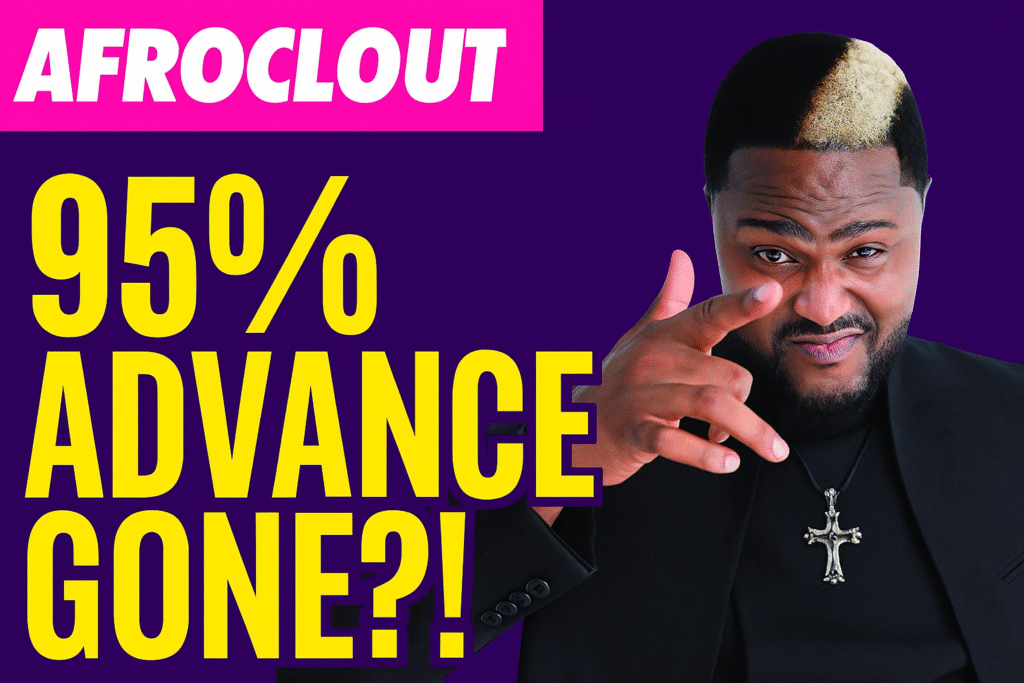The Nigerian music scene may be booming globally, but behind the glitter and streaming numbers are untold stories of artists battling exploitative contracts. Afrobeats singer Fido has become the latest to speak out — accusing his former record label of taking a shocking 95% of his advance payment and derailing his career.
In a candid interview on Inspiration 92.3 FM, Fido revealed details that have left fans and industry watchers stunned. According to him, he signed a deal expecting a $20,000 advance to help fuel his music projects and living expenses. Instead, he claims the label kept the lion’s share, giving him only ₦1.5 million (just over $1,000) to work with.
“I was transparent with them even when I was still with them, but they took all my advance from me… they gave me just ₦1.5 million out of $20,000,” Fido lamented. “I have facts to back my claims.”
The alleged incident paints a grim picture of how some labels in the Nigerian music industry operate, particularly with emerging artists who may not fully understand contractual terms.
A Promising Career Derailed
Fido, who had been steadily building a following in the Afrobeats space, says the financial shortfall crippled his ability to record, promote, and tour. Without resources, his career momentum slowed dramatically.
“I had songs ready, I had plans for videos, but when you don’t have the funds you were promised, everything stalls,” he explained.
Fans have since taken to social media to demand more transparency in artist-label dealings. Many believe that Fido’s story is just one of many similar cases.
The Bigger Problem in Nigeria’s Music Industry
Industry experts say this is not an isolated case. New acts are often eager to sign deals without proper legal advice, leading to unfavorable terms that hand too much control — and money — to labels.
“Artists must involve entertainment lawyers from the start,” music analyst Tunde Afolabi told AfroClout. “The glitz of an advance can blind you to the fine print.”
Public Reaction
The revelation has sparked heated debates among Afrobeats fans. Some see it as a wake-up call for young artists to safeguard their rights, while others urge veteran musicians to mentor newcomers.
On Twitter, hashtags like #JusticeForFido and #MusicIndustryReform have started trending, with calls for more artist-friendly contracts.
Bottom Line:
Fido’s experience underscores a recurring theme in Nigeria’s entertainment industry — talent is abundant, but fair business practices are not always guaranteed. As Afrobeats continues to dominate global charts, the need for transparency, fair contracts, and artist empowerment has never been greater.




